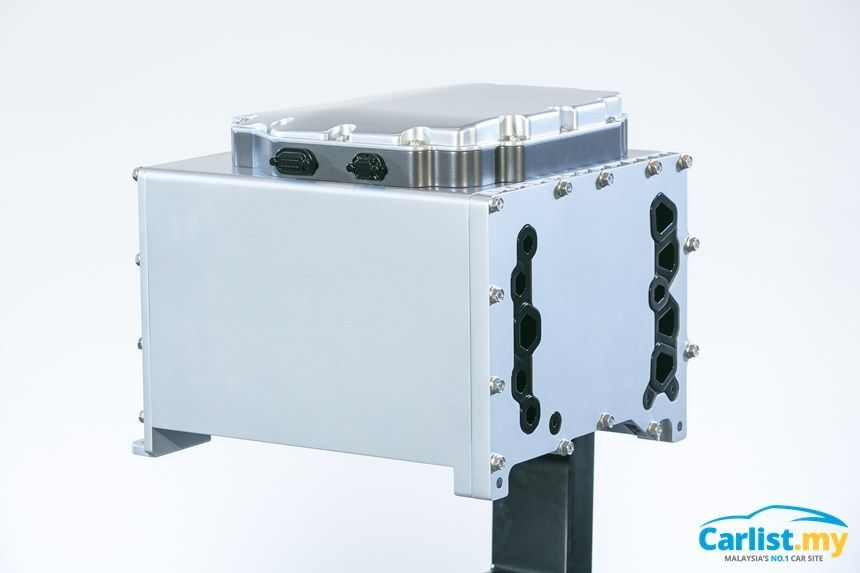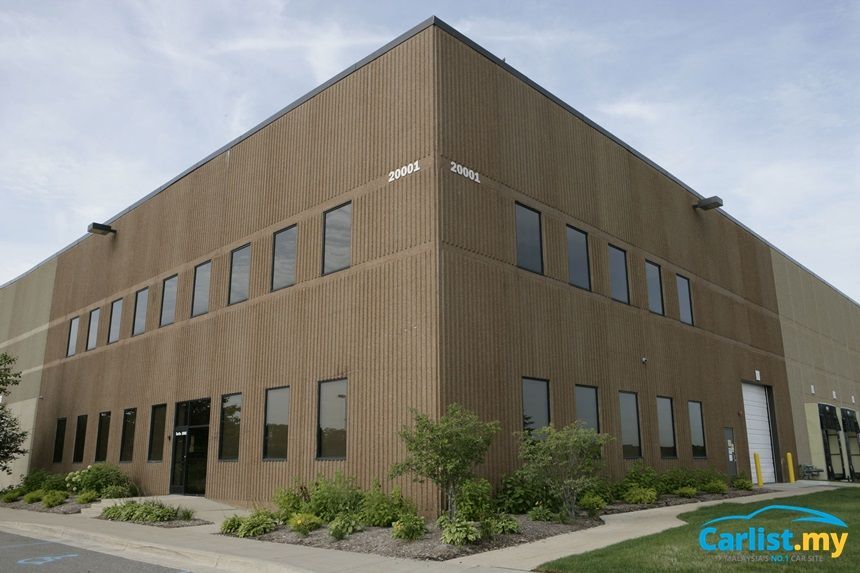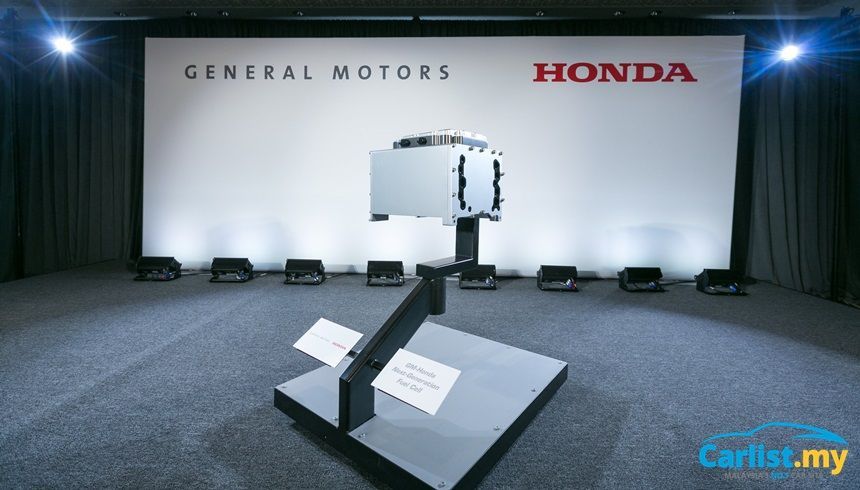Honda And General Motors Team Up to Produce Hydrogen Fuel Cell Systems
Auto NewsGeneral Motors (GM) and Honda have formally announced the establishment of the auto industry’s first manufacturing joint venture to mass produce an advanced hydrogen fuel cell system and hydrogen storage systems that will be used in future products from both companies.

The company, Fuel Cell System Manufacturing LLC, will operate within GM’s existing battery pack manufacturing facility site in Brownstown, Michigan. Mass production of fuel cell systems is expected to begin around 2020 and create around 100 new jobs.
Both companies are making equal investments totalling USD85 million in the joint venture.

Honda and GM have been working together through a master collaboration agreement announced in July 2013. The companies integrated their development teams and shared hydrogen fuel cell intellectual property to create a more affordable commercial solution for fuel cell
GM and Honda are acknowledged leaders in fuel cell technology with more than 2,220 patents between them. In addition to advancing the performance of the fuel cell system, GM and Honda are working together to reduce the cost of development and manufacturing through economies of scale and common sourcing.

Takashi Sekiguchi, Chief Operating Officer of Automotive Operations, Honda Motor Co adds, “The expertise Honda has established that led to creation of the first-generation Clarity fuel cell system is valuable experience that we are leveraging in the joint development of the next-generation fuel cell system with GM.”
The next-generation in question, could be the next Honda Clarity Fuel Cell Vehicle (FCV). Honda began delivery of its all-new Clarity FCV to U.S. customers in December of 2016, following the world-debut at the 2015 Tokyo Auto Show.

The collaboration will also see both companies work with governments and other stakeholders to further advance the refuelling infrastructure, critical for the long-term viability and consumer acceptance of FCVs.
Fuel cell technology addresses many of the major challenges facing automobiles today – petroleum dependency, emissions, efficiency, range and refuelling times.
FCVs can operate on hydrogen made from renewable sources such as wind and biomass. Water vapour is the only emission from fuel cell vehicles.